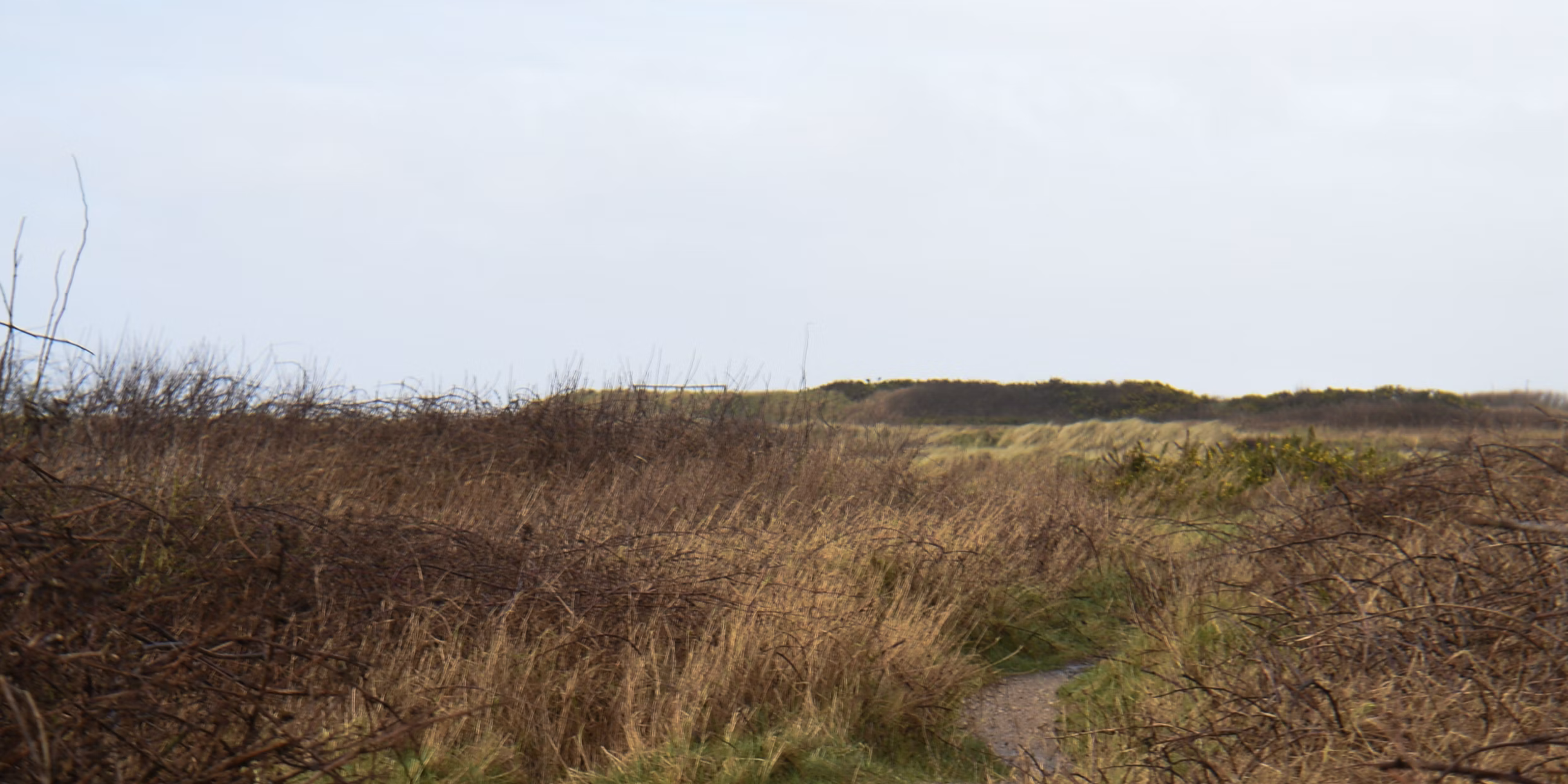Waste management doesn’t need grand gestures to create lasting change. Often, it’s the small, intentional actions – separating recyclables, reducing food waste, or supporting eco-friendly businesses – that create the biggest impacts. In South Africa, where waste management is still evolving, these small steps are essential to addressing environmental challenges while uplifting communities. By focusing on incremental progress, we can serve both land and life, laying the foundation for a healthier, more sustainable future.
A Legacy of Progress
South Africa has made significant progress in improving waste management systems, but many communities still face challenges. According to the Department of Forestry, Fisheries and the Environment (DFFE):"Although 61% of South African households had access to kerbside domestic waste collection services in 2007, this access remains highly skewed in favour of more affluent and urban communities. Inadequate waste services lead to unpleasant living conditions and a contaminated, unhealthy environment." This disparity highlights the importance of small, targeted actions that can improve waste services for underserved communities while advancing broader sustainability goals.
Small Steps Driving Big Impacts
- Organic Waste Composting in Cape Town
The Oribi Village Composting Initiative in Cape Town has transformed how local businesses manage organic waste. By partnering with restaurants and markets, the program diverts food waste from landfills and turns it into nutrient-rich compost for urban farming. This small, localized effort reduces methane emissions while supporting local food production. - Repair Cafés in Johannesburg
Repair cafés are popping up all over the world as community-led hubs where people can bring broken items to be fixed rather than discarded. These spaces promote a culture of reuse and repair, reducing waste and extending the life cycle of everyday products. - Community Recycling Hubs in Limpopo
In rural Limpopo, the WasteAid SA Recycling Project has introduced community recycling hubs where residents can drop off recyclables and receive incentives. This program empowers communities, reduces litter, and fosters economic opportunities through recycling.
Connecting Waste to Land and Life
The connection between waste management and broader environmental and social health is clear. Poorly managed waste affects soil fertility, biodiversity, and water quality – all critical to sustaining life. For example, polluted soil from illegal dumping sites limits agricultural productivity, impacting food security for vulnerable communities. Conversely, sustainable practices like composting restore soil health and promote biodiversity.
In KwaZulu-Natal, efforts to rehabilitate the Duzi Riverbanks have included community cleanups and waste education campaigns. These initiatives not only remove waste but also restore habitats for local wildlife, proving that small steps can lead to meaningful change.
Start Small, Think Big
Serving land and life starts with small, intentional steps. Whether it’s reducing your own waste, supporting local recycling initiatives, or participating in community cleanups, every action contributes to a healthier planet. Here are three simple ways to get started:
- Reduce Food Waste: Plan meals and compost scraps to minimize waste.
- Support Repair Initiatives: Fix broken items rather than replacing them.
- Engage Locally: Participate in recycling or cleanup efforts in your community.
Small actions, when multiplied, create ripples that shape the future. By focusing on serving both land and life, South Africa is proving that incremental progress can have profound effects. Let’s continue to take small, intentional steps that protect our environment, empower communities, and inspire sustainable change.
Each of us has a role to play. Together, we can transform the way we manage waste and redefine our relationship with the land and the life it supports. Start small, think big, and make every action count.


SUBMIT YOUR COMMENT